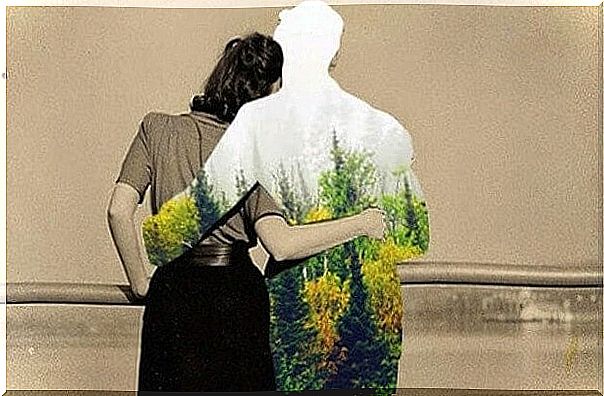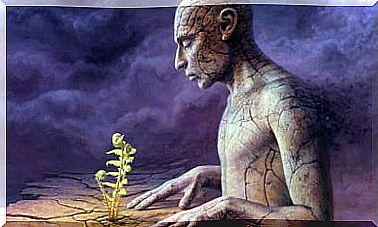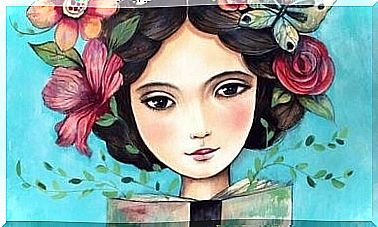If You’re Happy, You Hug. If You Are Unhappy, You Buy

The problem with consumerism is that it carries with it a false promise: if you buy the objects you want, you feel happy. This promise is based on an idea that has been promoted after World War II and that has definitely been installed in the foundations of our society: happiness is closely related to consumption capacity, that is, to the money you have available to buy .
In this sense, happiness is the result of a purchase; if you have a more powerful television, you will be happier; or, if your clothes are more expensive, you will feel more valuable. And if you buy the car that was just released, it will be more respectable. Worst of all, this turns out to be the truth, at least in appearance. This is not because it is really true, but because whoever values these ideas makes them true.
In other words, if you believe that a suit gives you more dignity, you will feel less dignified when wearing a simple outfit. If you feel that the latest television increases your entertainment possibilities, you will suffer even not having it in your living room, and so on.
Either way, you realize that this way of thinking is false when it’s been a month since you acquired what you thought was so essential and you still feel bored, unhappy, or worthless. Then the cycle repeats itself again.
The truth is that consumer objects free us from a big problem: making sense of our lives. They help us to turn our eyes outward instead of exploring within ourselves. It is easier to think about how to buy a watch than to define whether the actions we perform have value and meaning within the world.
Purchases and deletion
The current society, effectively, treats differently to those who wear branded clothes or arrive in a luxury car. It is common that, without exchanging a word and not knowing what kind of person he is, he is immediately treated with special considerations or at least with more attention. Many assume that we have to reach out to those who have money and, in turn, money has become a guarantee of respect.

The same goes in reverse. Anyone who looks simple is more easily ignored. He may even be denied access to certain places or be the subject of heavy jokes or hushed comments. Everyone wants to be treated with consideration, so it’s easy to fall into the trap of thinking that it’s enough (and at the same time essential) to go shopping and change clothes.
The harm of this mechanism is that it is very depreciable. If you take off your expensive clothes, you will feel humiliated again; if you wear it, you regain your value. Respect for yourself becomes a disguise and depends entirely on others. When you agree to play under these terms, you agree to enter into a logic of contempt for yourself. You admit you have no value in and of itself. This is the danger.
happiness and hugs
One of the most troubling aspects of compulsive shopping is that it follows a pattern similar to any addiction. In addition, they are likely to provide a similar well-being to what any addict gets when he consumes the substance he is addicted to. It provides a level of happiness that is dwindling and that requires more and more shopping to show up.

Constant shopping is for people who are unhappy and who experience an inner emptiness for which they find no relief. Shopping acts as a temporary antidote to this feeling of being insignificant.
In any case, happiness is not there. Several studies prove that situations that provide true happiness are more related to experiences and less to objects. An experience turns your inner world around and makes you feel more alive. Shopping, on the other hand, while also an experience, gives you a superficial and fleeting enthusiasm.
You almost never remember the moment you bought something, meanwhile, the memory of a kiss of love, a fun situation, or the day you were congratulated for making one is always in your memory and in your heart. good work.
What brings happiness the most is feeling intimately connected with the world and with other people. This is achieved by participating in projects in your community, being an active member of the couple and family, sharing time with friends, taking an interest in the world in which you live. In other words, happiness is a consequence of embracing the world and life.








